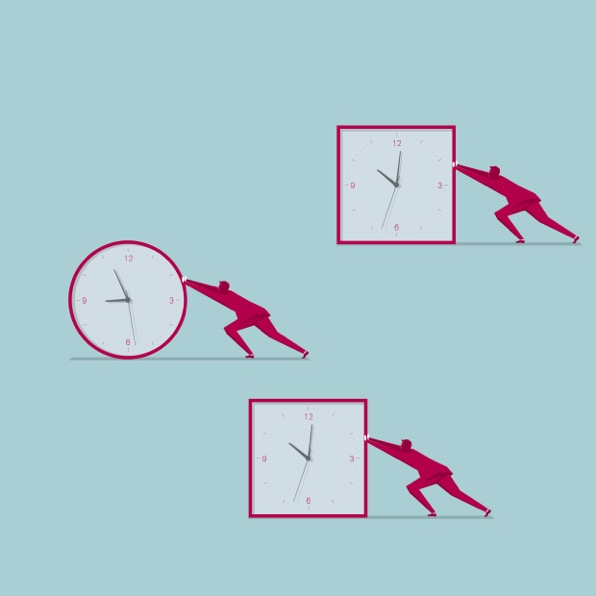Author: Paul Maloney, Industrial Relations Manager
The Society of Radiographers is one of several unions supporting research by the Smith Institute into productivity. Paul Moloney, SoR Industrial Relations Manager, explains why.
Too many people see improving productivity as simply doing more.
So for our members, a crude assessment of whether their productivity is increasing is how many patients they see each day.
But it is far more complex than that and we are very interested in looking at more sophisticated definitions of productivity.
For example we believe allowing members to diagnose and in radiotherapy to prescribe increases the productivity of radiographers and offers a more cost-effective contribution to healthcare.
Our commitment to the four-tier workforce is also very much linked to making radiography and radiographers as productive as possible.
An important part of the research is the information provided by members.
The Smith Institute have produced a survey for members to complete which can be accessed here.
Please note that the survey covers a number of unions and not just health so you will be asked which sector of the economy you work in, which will of course be health or education for the vast majority of our members.
You can also access the formal call for evidence issued by the Smith Institute here.
Any member or group of members across all AfC bands and in the public and private sectors with an interest in this is encouraged to send their views to the Smith Institute. This will supplement the more formal evidence we will provide to the review.
We intend to continue to involve members in this work so look out for more information on it in the near future.
The research is being overseen by Paul Hackett of the Smith Institute who has produced the following short introduction to the work.
| Making work better – the key to the productivity puzzle Author: Paul Hackett, the Smith Institute Politicians and policy makers talk a lot about the UK’s poor productivity record, with output per hour still below pre-crisis levels and well behind France, Germany and the USA.Narrowing the productivity gap with our competitors is worth a staggering £21,000 per year for every household in the UK. Boosting productivity growth (in both the public and private sectors) is seen by employers and unions alike as critical to halting the drift towards a permanent low wage, low value, unequal economy.The government also accepts that higher productivity is the only way to ensure rising living standards and in July 2015 launched its national productivity plan (‘Fixing the Foundations’). The problem is the 15 point plan is directed almost exclusively at employers and investors and lamentably fails to recognise that a critical part of the solution lies in making work better.Government stresses the importance of improving skills training, but has a blank spot on productivity in the workplace; on the way workplaces are organised and managed, the importance of effective employee voice, trust and security, work-life balance, on pay and rewards, and issues like flexible working and career development. Macro solutions (such as improving transport and more R&D and innovation) are important, but as Acas argues these factors only yield lasting benefits if workplaces are operating at their best.Our understanding of how workplace culture, management and organisation determine the ability of individuals, employers and the economy to be productive is still very limited. There’s been little effort to understand what employees and their representatives think will help meet the productivity challenge. In order to help bridge that information gap the Smith Institute has launched a new inquiry into the role of employees and trade unions in raising productivity. We are calling for evidence from workplaces around the UK and will be carrying out a major survey of what trade union members think about productivity.Employers, unions and government all agree that improving productivity is central to our future prosperity. We need a similar consensus that this goal can’t be achieved unless we pull together to make work better. |
